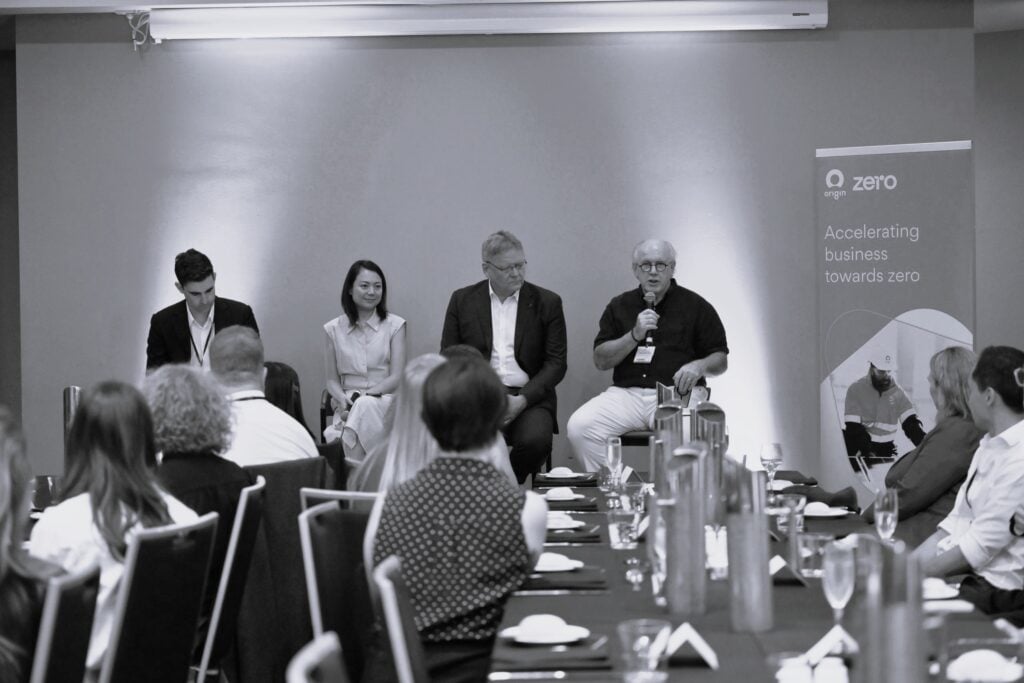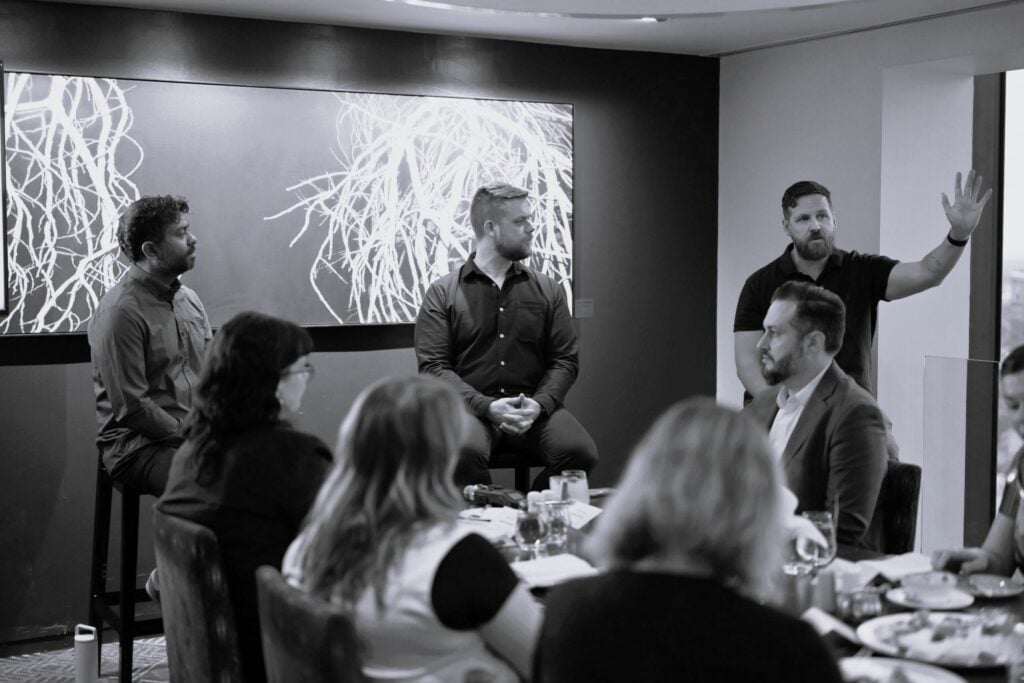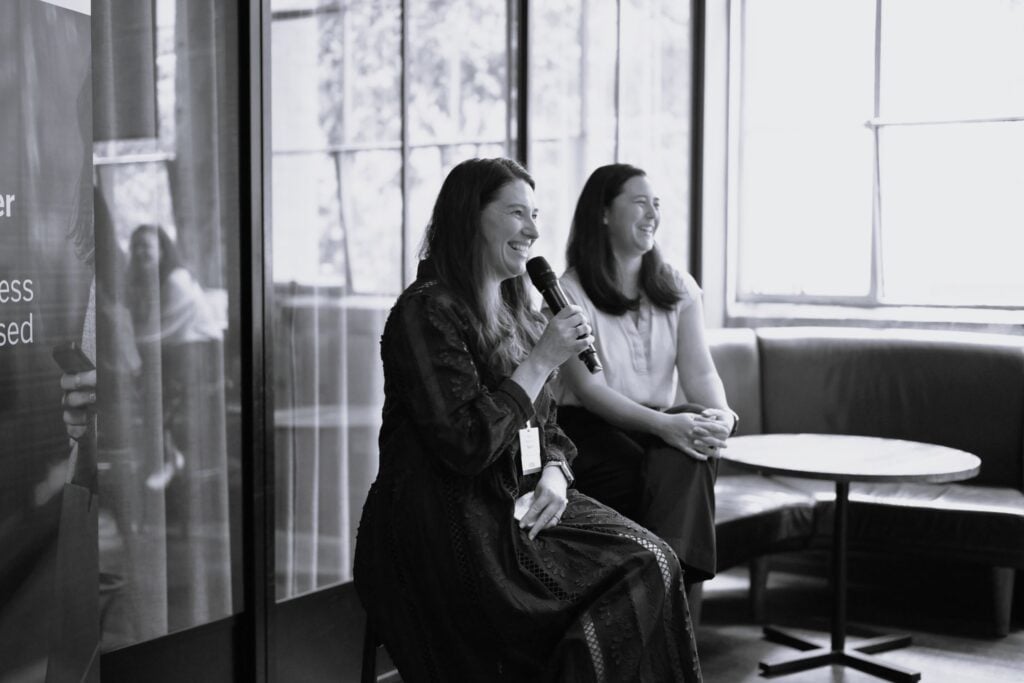DECARBONISATION IN ACTION: KEY INSIGHTS FOR BUSINESS LEADERS

Decarbonisation in Action: Key Insights for Business Leaders Origin Insight Report Introduction The business case for decarbonisation has never been stronger, yet many businesses still struggle with transforming their sustainability strategies into tangible action. As organisations across industries grapple with this transformation, three critical hurdles dominate: justifying investments financially, overcoming implementation barriers and integrating new […]
ALWAYS ONE STEP AHEAD: HOW RETAIL LEADERS MOVE FASTER, SCALE SMARTER, AND DELIVER BETTER EXPERIENCES

Always One Step Ahead: How Retail Leaders Move Faster, Scale Smarter, and Deliver Better Experiences Contentful Insight Report Introduction In today’s rapidly evolving retail landscape, speed and agility have become the ultimate competitive differentiators. While consumers continue to demand increasingly personalised experiences, many retailers have found themselves grappling with outdated content management systems that simply […]
RETAIL REIMAGINED: DRIVING SIMPLICITY, INNOVATION & GROWTH

Retail Reimagined: Driving Simplicity, Innovation & Growth SAP Insight Report Introduction The retail sector is undergoing a seismic shift, with evolving customer expectations and market pressures forcing leaders to rethink their business strategies. Future competitiveness hinges not just on agility, but on cultivating a culture of continuous innovation. The question is no longer whether transformation […]
CX LEADERS FORUM EVENT WRAP UP: INSIGHTS FROM ALEXANDER CHRUSZCZ

CX LEADERS FORUM EVENT WRAP UP: INSIGHTS FROM EVENT CHAIR ALEXANDER CHRUSZCZ What a great day! It’s been a couple of weeks now, but I’m still working through the list of notes and ideas I scribbled down on the trip home. It wasn’t just our speakers and panellists but also the attendee list. Representation across every […]
SHAPING THE FUTURE OF FINANCE: DELIVERING REAL-WORLD VALUE WITH AI

Shaping the Future of Finance: Delivering Real-World Value with AI Advancements in artificial intelligence (AI) and automation are radically transforming the finance sector. With ongoing economic pressures and environmental disruptions, leaders are turning to AI as a strategic enabler for sustainable growth. These emerging technologies have provided businesses with new opportunities to streamline operations, enhance […]
TRANSFORMING RETAIL: UNIFIED COMMERCE STRATEGIES FOR SPECIALTYRETAILERS

Transforming Retail: Unified Commerce Strategies for Specialty Retailers In today’s rapidly evolving retail landscape, industry leaders are balancing a multitude of complexities all while adapting to satisfy shifting consumer expectations. Navigating these behaviours and preferences in the digital era has become ever more challenging. From browsing online to physically making purchases in store, brands must […]
UNLOCKING THE BEATING HEART OF SPORTS: THE ART OF FAN ENGAGEMENT

Unlocking The Beating Heart of Sports: The Art of Fan Engagement In today’s dynamic sports landscape, industry leaders are navigating a multitude of complexities all while striving to deliver event experiences that unite and inspire the masses. Fans are the lifeblood of sport, yet connecting with them on a deeper level beyond the season’s end […]
REDEFINING INFLUENCE: LEVERAGING AI AS A STRATEGIC COMMS ASSET

When you are a corporate affairs professional, the potential of Artificial Intelligence (AI) is as discomforting as it is exciting. On the one hand, you have a technology capable of creating and spreading large quantities of damaging disinformation with just a few quick clicks. On the other, you have a tool that might be smarter […]
NAVIGATING MODERN CHALLENGES TO HEALTHCARE DELIVERY: QLD, VIC, NSW

The healthcare industry has reached a critical inflection point. The pandemic exposed the vulnerabilities puncturing hospitals and practices around the country, making it clear that our current systems are no longer fit for purpose. Leaders also are experiencing an upward battle with retaining a burnt-out workforce, all the while still navigating increasing skills shortages and hesitancy from […]
Unlocking Retail Success in 2024

UNLOCKING RETAIL SUCCESS IN 2024 An SAP x Enterprise Wide Roundtable Building on the enriching insights shared at the Retail Leaders Forum, SAP x Enterprise Wide in partnership with Connect Media, hosted an executive roundtable that brought together esteemed retailers from across the nation to discuss their priorities within the ever-changing industry landscape. Led by […]











